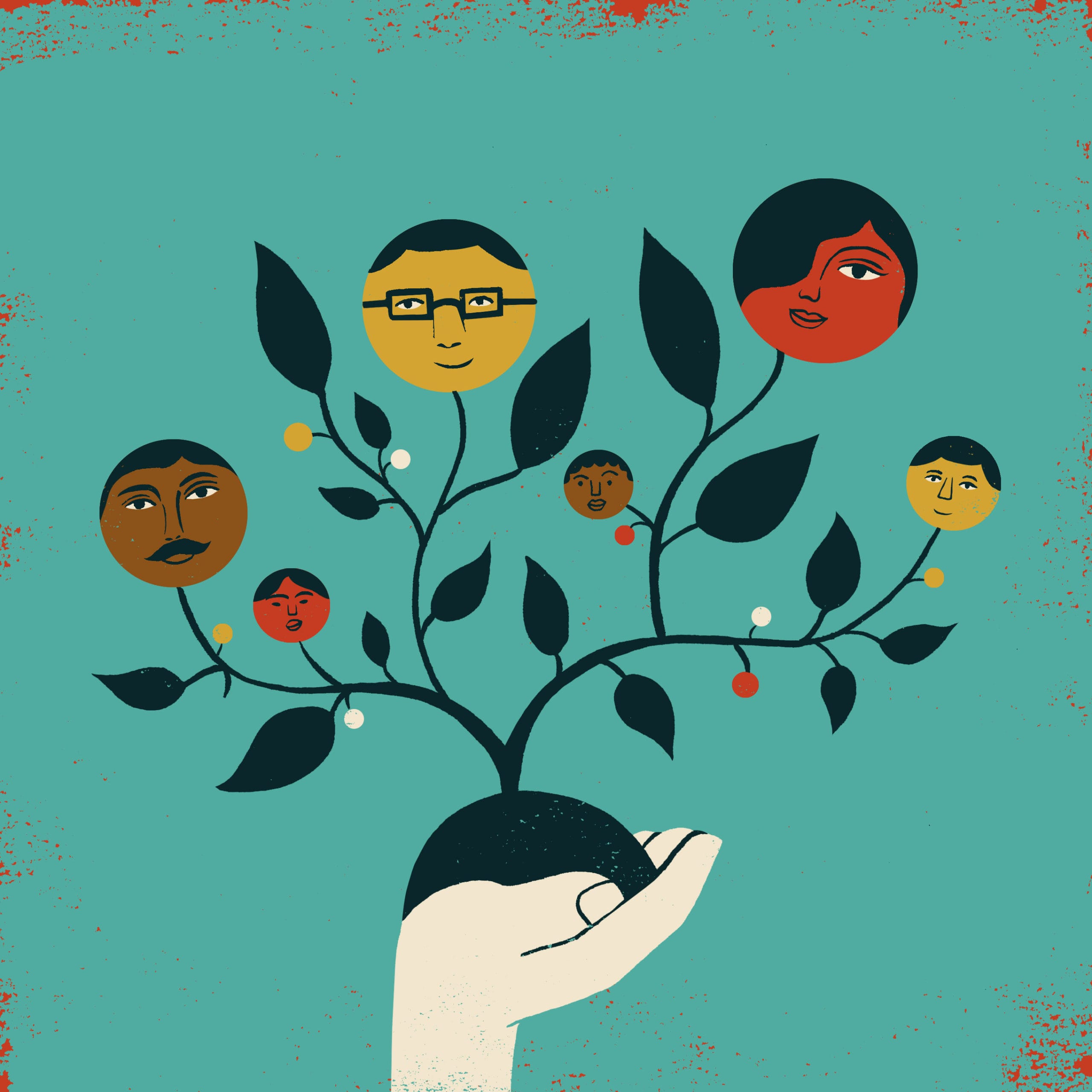In 2004, the late scholar C.K. Prahalad published his seminal book The Fortune at the Bottom of the Pyramid: Eradicating Poverty Through Profits, outlining how companies could create significant value by innovating offerings that meet the needs of the poorest people in the world.
While today there are inspiring examples of low-water-usage detergents and smartphone banking platforms being deployed in developing countries, that same level of innovation hasn’t taken root in the most underserved communities of developed countries, including in the United States. According to the 2018 census, the median net worth of Black households was $17,600, compared with $171,000 for white households. Somehow, prosperity isn’t reaching the bottom of the pyramid in our own backyard.
Enterprises of all sizes are sitting on legacy assets such as customer bases, technology, and market expertise that they harvest to drive economic value for shareholders. What if these companies channeled their resources to help tackle this issue while also creating shareholder value? Here are some steps companies can take toward this goal:
Close the digital divide. Every job will have a digital component in the future, yet there is an enormous disparity in access to technology and digital skills. Fifty percent of Black workers have no or limited digital skills, vs. 31 percent for the average U.S. worker.
Elevate health and wellness in low- or moderate-income and primarily Black communities such as South Los Angeles, where there hasn’t been a traditional grocery-store chain for 30 years. The link between healthy eating and childhood development and eventual economic opportunities is indisputable. What if the top restaurant, grocery, health-care, and transportation providers collaborated to eradicate these perpetual food deserts?
Ease the path to financial freedom for low- and moderate-income populations. McKinsey estimates that closing the wealth gap between Black and white families could add between $1 trillion and $1.5 trillion to the U.S. economy in 2028. Elevating financial literacy and building communities with good credit scores are foundational to making this happen.
Create new technologies and governance structures for rooting out racial bias in business and government decisions and increasing diversity in both the general workforce and top leadership. Companies with diverse workforces have been shown to outperform their peers historically, yet Black professionals hold only 3.2 percent of executive and senior-level roles in major American companies.
Create fluid access to capital and customers for fledgling businesses and entrepreneurs coming from underserved communities. This is difficult when Black investors represent only three percent of venture capitalists. The good news: There are a growing number of social impact funds investing in Black founders and entrepreneurs. Some companies are also using their workforces and customer bases to provide opportunities to those who are struggling, such as by offering jobs to homeless citizens and connecting customers to brands that are helping those most impacted by COVID-19.
Scott A. Snyder ENG87 GEN90 GR94 is a senior fellow at Wharton’s Mack Institute for Innovation Management and a partner at Heidrick & Struggles. Co-author John Hope Bryant is founder, chairman, and CEO of nonprofit Operation HOPE.
Published as “Growth Industry” in the Fall/Winter 2020 issue of Wharton Magazine.

























